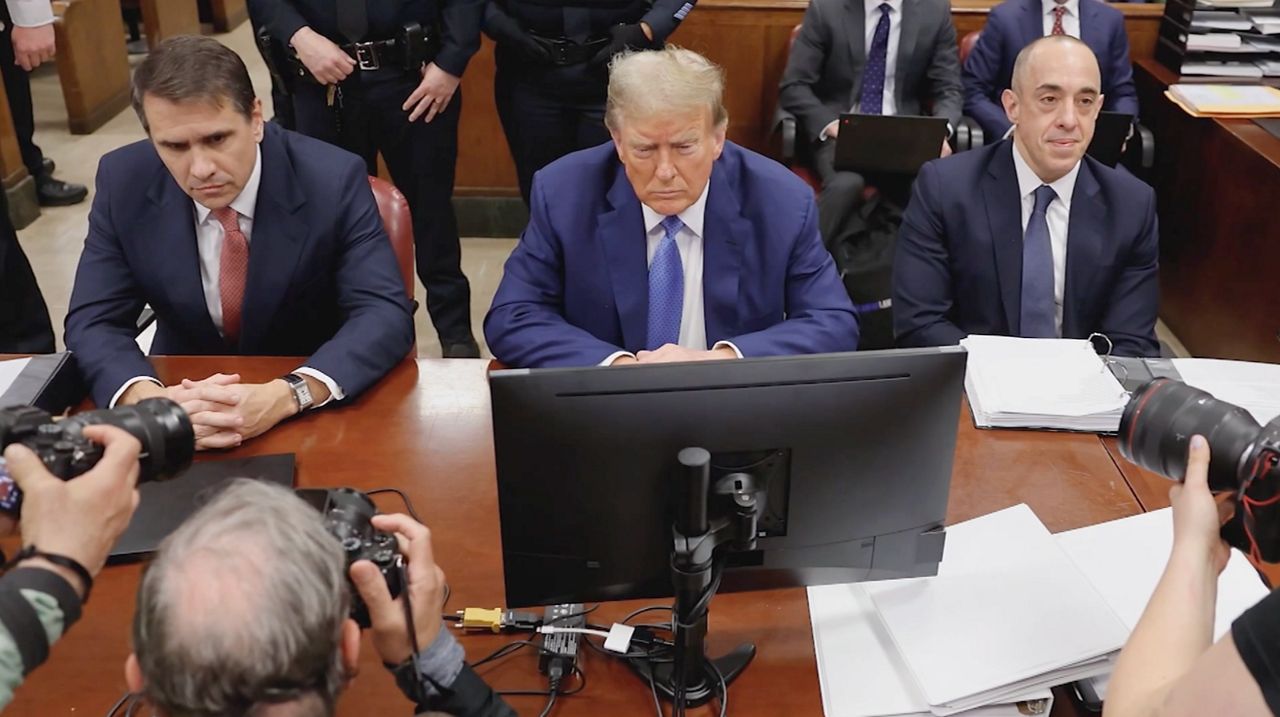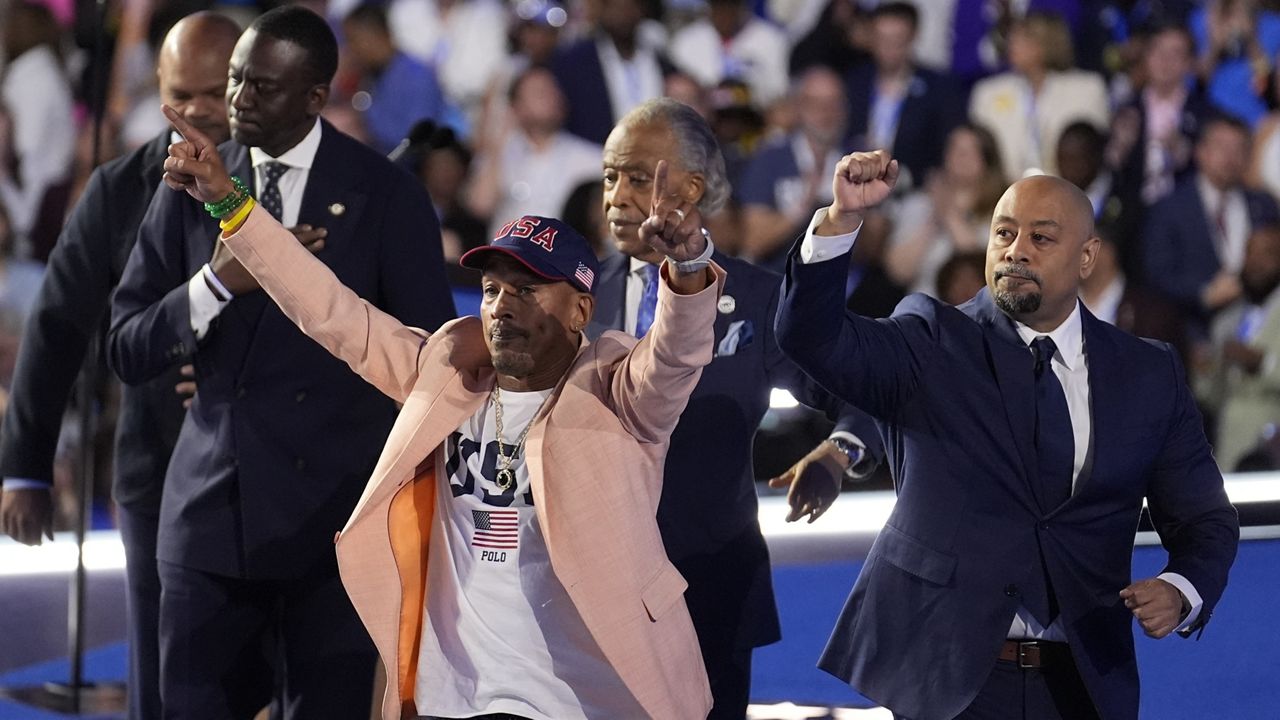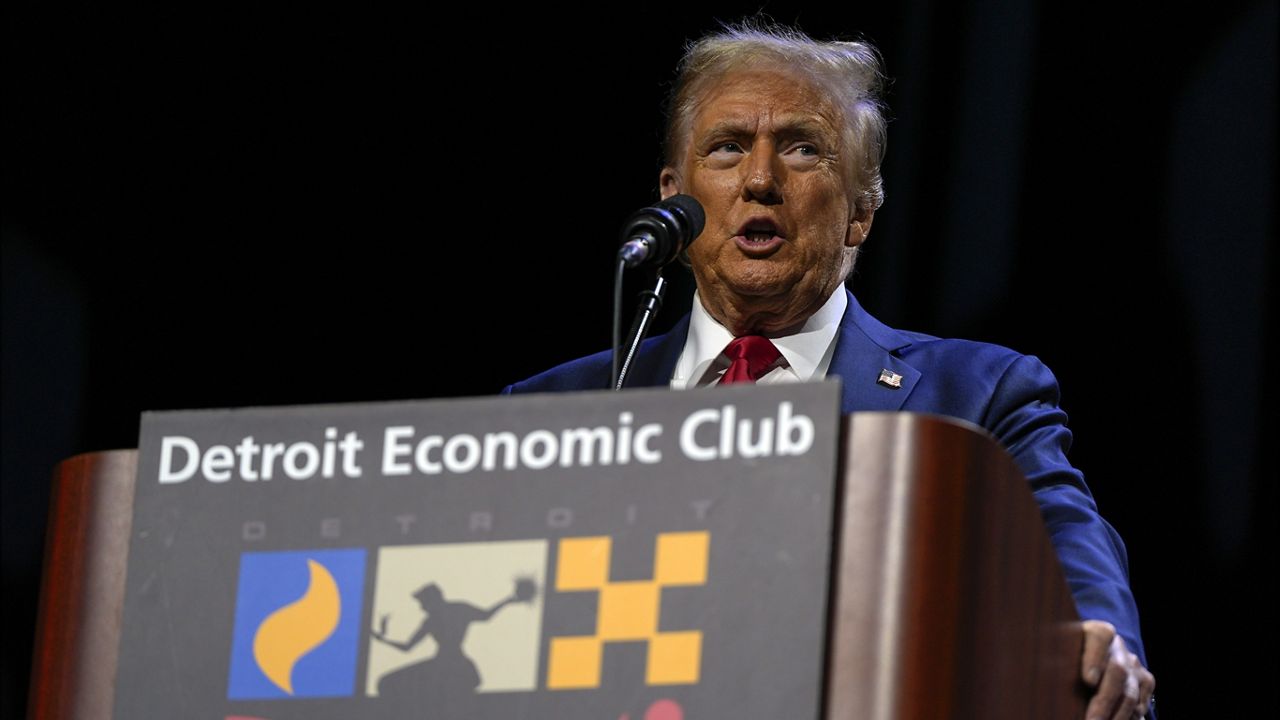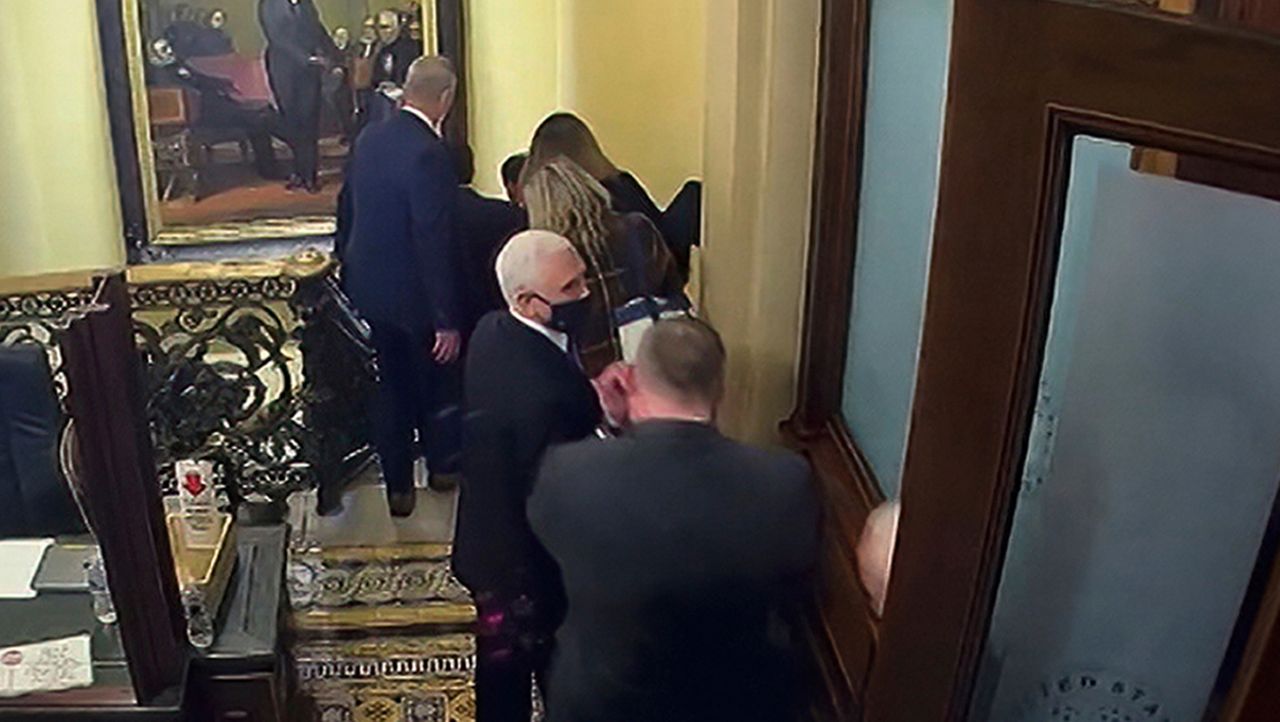After a consequential Supreme Court term that included key rulings on cases related to abortion and the Jan. 6, 2021, riot at the U.S. Capitol, Chief Justice John Roberts said that the high court will issue its remaining decisions on Monday.
“The court will next sit Monday morning at 10:00 [a.m. ET],” Roberts said at the conclusion of Friday’s proceedings. ”At that time, we will announce all remaining opinions ready during this Term of the Court.”
The high court issued several key rulings in recent weeks, including multiple consequential opinions on Friday alone.
Two years after reversing Roe v. Wade, the landmark case that guaranteed the right to an abortion, the Supreme Court unanimously rejected a challenge to abortion medication mifepristone and temporarily allowed emergency abortions to take place in Idaho despite the state’s restrictive ban on the procedure, a major victory for reproductive rights advocates.
The high court also overturned the Chevron doctrine, dealing a major blow to federal regulators and giving a win to conservatives and business interests, rejected a Purdue Pharma settlement that would have provided billions to address the nation’s opioid crisis, allowed cities to enforce bans on homeless people sleeping outdoors, narrowed a federal obstruction charge that hundreds of Jan. 6 defendants, as well as former President Donald Trump, were charged with, and blocked the Environmental Protection Agency’s "good neighbor" rule aimed at curtailing air pollution.
But key cases still remain undecided, including two that could have a wide-ranging impact.
One of the key decisions remaining is related to Trump, the presumptive Republican presidential nominee, and his claim that he is immune from prosecution for any acts he undertook while surving as president — including some referenced in the federal election subversion case against him.
Trump faces four felony charges in a case accusing him of illegally attempting to overturn the 2020 presidential election.
Trump faces four felony counts in the Washington, D.C., case filed by special counsel Jack Smith, including conspiracy to defraud the United States, two charges related to obstructing an official proceedings and conspiracy against rights.
The former president and presumptive Republican nominee this year is accused of participating in a scheme to submit slates of fake electors to Congress as he falsely alleged widespread fraud cost him the election. He has pleaded not guilty to the charges.
The case has been posponed indefinitely pending the Supreme Court's review.
Trump and his attorneys argue that his efforts disputing the election were done in his capacity as president and should be protected from criminal prosecution.
But the Justice Department argues that no president should be able to evade any criminal charges after leaving office.
The justices appeared divided over Trump's claims during arguments in April. Much of the debate focused on what constituted an official act and a personal one.
Chief Justice John Roberts argued the two were sometimes hard to separate. In a hypothetical about a president receiving a bribe in exchange for appointing someone an ambassador, Roberts argued the bribe was for personal gain while the appointment was an official act. Sauer had claimed such a scenario would not be official and therefore subject to prosecution.
Sauer called for all official acts to be wiped from the indictment. Roberts said that would be “like a one-legged stool.”
“If you say you have to expunge the official part, how does that go forward?” Roberts asked.
Justice Sonia Sotomayor resurfaced a scenario raised in an appeals court: Could a former president be charged criminally if he orders the military to assassinate a political rival?
Sauer said “it would be depend on the hypothetical” and “could well be an official act.”
“He's doing it for personal gain,” Sotomayor replied. “And isn't that the nature of the allegations here? That he's not doing these acts in furtherance of an official responsibility. He's doing it for personal gain.”
Some of the conservative justices appeared to believe presidents should enjoy some level of immunity. Determining where the line might be was a point of debate.
Justices Brett Kavanaugh and Neil Gorsuch asked questions indicating they might believe a president must violate a clearly stated statute to be charged.
“So that the president’s on notice and can conduct himself or herself accordingly,” Kavanaugh said.
Kavanaugh also argued the statute for defrauding the United States is “vague” and “can be used against a lot of presidential activities historically with a creative prosecutor who wants to go after a president.”
Fellow conservative Justice Amy Coney Barrett, however, questioned Trump's attorney how it would be possible for Congress to ever impeach and convict a president over statutes that do not explicitly mention the office.
“How can you say that he would be subject to prosecution after impeachment while at the same time saying that he's exempt from these criminal statutes?” she asked.
The high court has previously held that presidents should be shielded from civil liability, but has never weighed in on criminal culpability.
Even if Trump is not found immune, it's unclear if the case will be able to go to trial before November's election. The trial was initially set to begin in March.
The Supreme Court earlier this year heard challenges to state laws from Florida and Texas which could impact how social media platforms regulate content posted by their users.
Several justices questioned aspects of laws adopted by Republican-dominated legislatures and signed by Republican governors in Florida and Texas in 2021. But they seemed wary of a broad ruling, with Justice Amy Coney Barrett warning of "land mines" she and her colleagues need to avoid in resolving the two cases.
While the details vary, both laws aimed to address conservative complaints that the social media companies were liberal-leaning and censored users based on their viewpoints, especially on the political right.
Justices Samuel Alito and Clarence Thomas appeared most ready to embrace arguments made by lawyers for the states. Alito complained about the term "content moderation" that the sites employ to keep material off their platforms.
"Is it anything more than a euphemism for censorship?" he asked.
But Justice Brett Kavanaugh, seemingly more favorable to the companies, took issue with applying the term censorship to actions taken by private companies, rather than the government.
"When I think of Orwellian, I think of the state, not private individuals," Kavanaugh said.
Chief Justice John Roberts questioned whether the government or the private social media companies have the power to regulate speech on their platforms. He argued that the First Amendment, which bars restrictions on speech by the government, not private entities, appears to put the "thumb on the scale" in favor of private companies.
The Florida and Texas laws were passed in the months following decisions by Facebook and Twitter, now X, to cut Trump off over his posts related to the Jan. 6 attack on the U.S. Capitol by his supporters.
Trade associations representing the companies sued in federal court, claiming that the laws violated the platforms' speech rights. One federal appeal struck down Florida's statute, while another upheld the Texas law.
In a 6-3 ruling earlier this week, the Supreme Court sided with the Biden administration in a separate case involving contact between the federal government and social media companies over misinformation, ruling against Republican-led state attorneys general who claimed that the Democratic White House sought to quash conservative viewpoints.
Spectrum News' Ryan Chatelain and The Associated Press contributed to this report.









